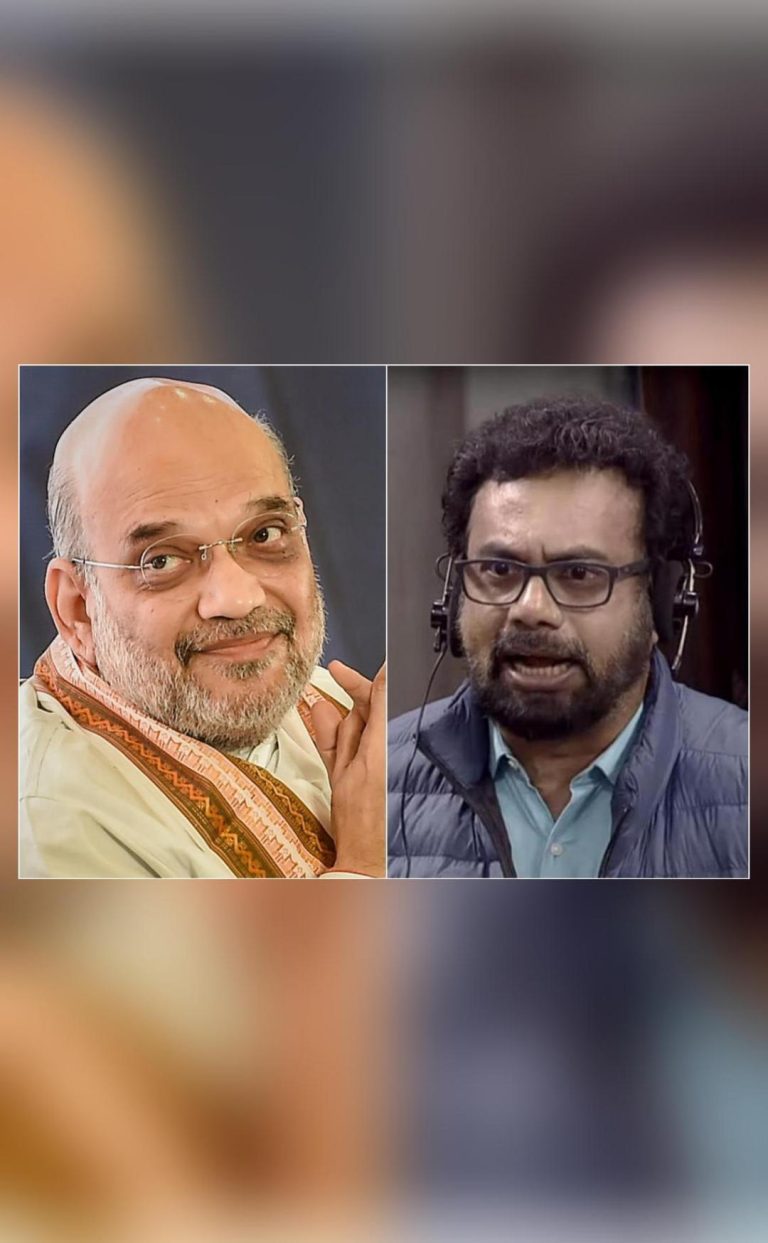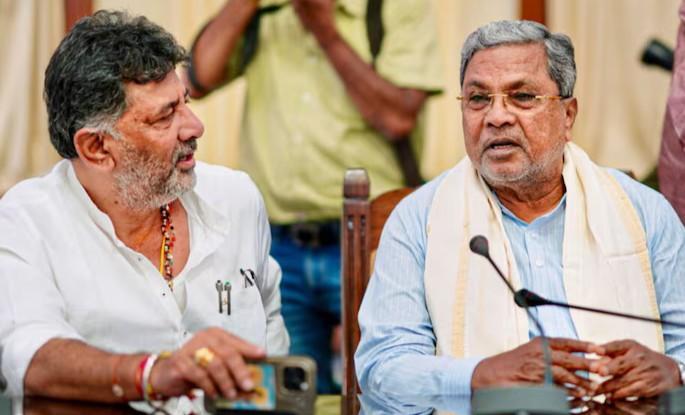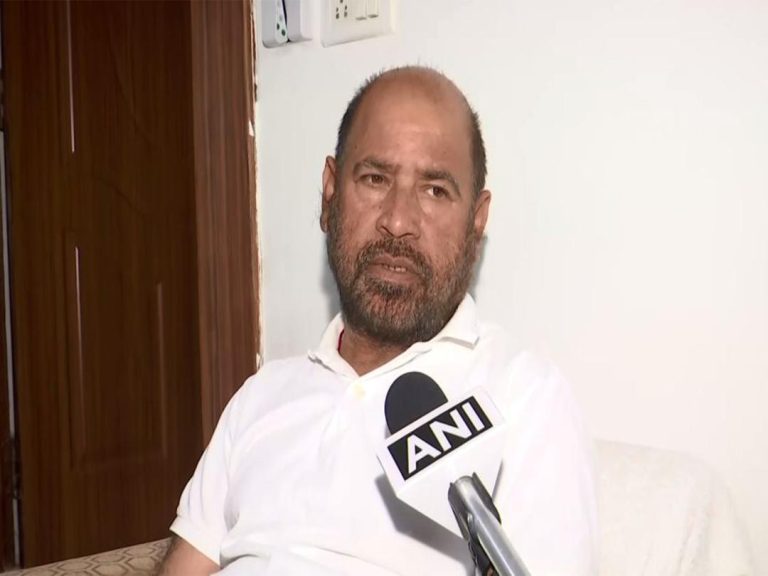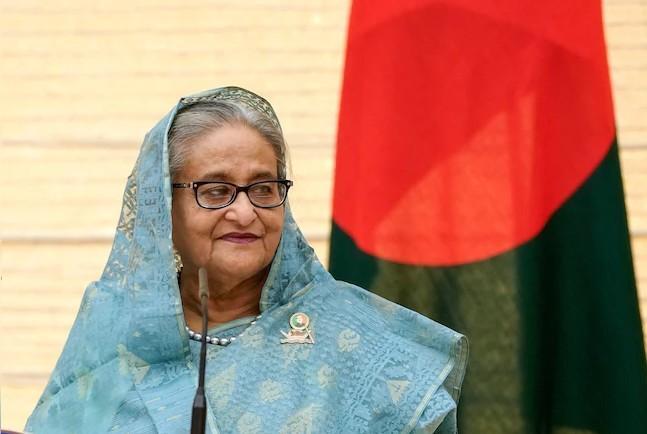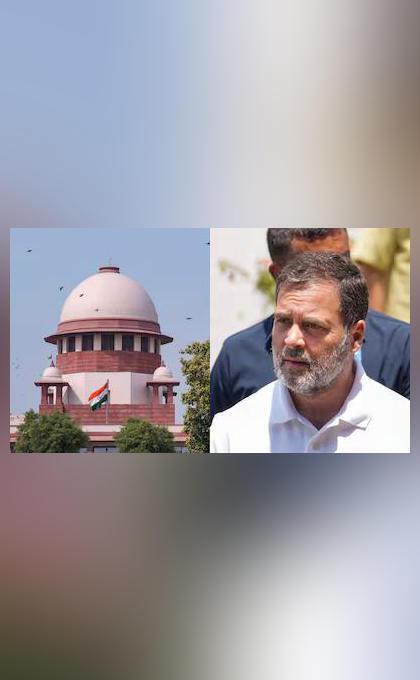
Why Ask on Social Media & Not in Parliament: SC to Rahul on ‘Land Grab’ Claim
In a recent development, the Supreme Court has pulled up Congress leader Rahul Gandhi over his claim that China had grabbed 2,000 square kilometers of Indian land. The court’s rebuke came while staying a defamation case against Rahul for his remarks about the Indian Army. The next hearing in the case is scheduled after three weeks.
Rahul Gandhi had made the claim in 2020, sparking a controversy that led to a defamation suit against him. However, the Supreme Court has now questioned the basis of his claim, asking how he knew that China had occupied 2,000 square kilometers of Indian land.
The court’s observation has sparked a debate on the role of social media in political discourse and the importance of responsible leadership. In this blog post, we will examine the Supreme Court’s rebuke of Rahul Gandhi and its implications for the political landscape.
The Background
Rahul Gandhi’s claim about China occupying 2,000 square kilometers of Indian land was made in 2020, during a parliamentary debate on the China-India border dispute. The claim was made in the context of the standoff between Indian and Chinese troops in the Doklam plateau, which had led to a significant escalation in tensions between the two nations.
The claim sparked a heated controversy, with the Chinese government denying the allegations and the Indian government refusing to confirm or deny them. The controversy led to a defamation suit against Rahul Gandhi, which has now been stayed by the Supreme Court.
The Supreme Court’s Rebuke
The Supreme Court’s rebuke of Rahul Gandhi came in response to his claim that China had occupied 2,000 square kilometers of Indian land. The court asked how Rahul Gandhi knew that China had occupied this amount of land, and why he had chosen to make the claim on social media rather than in Parliament.
The court’s observation highlights the importance of responsible leadership and the need for leaders to verify information before making public statements. In this case, Rahul Gandhi’s claim appears to be based on unsubstantiated sources, and his decision to make the claim on social media rather than in Parliament has been criticized as irresponsible.
The Implications
The Supreme Court’s rebuke of Rahul Gandhi has significant implications for the political landscape. The court’s observation highlights the need for leaders to be responsible and accountable for their actions, and to verify information before making public statements.
The controversy also raises questions about the role of social media in political discourse. Social media has become an increasingly important platform for politicians to reach their constituents and share their views. However, the Supreme Court’s rebuke of Rahul Gandhi suggests that social media is not always a suitable platform for making serious and contentious claims.
In this context, the controversy surrounding Rahul Gandhi’s claim highlights the need for politicians to use social media responsibly and to provide accurate and reliable information to their constituents.
Conclusion
The Supreme Court’s rebuke of Rahul Gandhi over his claim that China had occupied 2,000 square kilometers of Indian land has significant implications for the political landscape. The court’s observation highlights the need for leaders to be responsible and accountable for their actions, and to verify information before making public statements. The controversy also raises questions about the role of social media in political discourse, and the need for politicians to use social media responsibly and to provide accurate and reliable information to their constituents.
In the end, the Supreme Court’s rebuke of Rahul Gandhi serves as a reminder of the importance of responsible leadership and the need for leaders to be held accountable for their actions. It is a reminder that leaders must be careful and thoughtful in their words and actions, and that they must always prioritize the truth and the well-being of their constituents.
Source:
